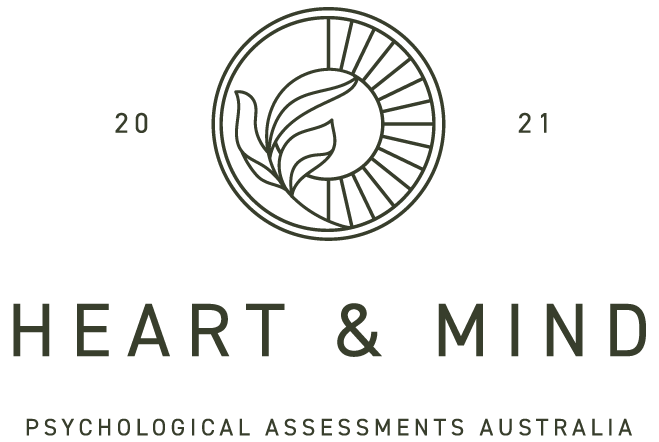How To Know If Your Child Is Autistic.
Blog currently being edited!
Autism is a developmental disorder that can have a significant impact on your child's social skills and ability to communicate with others. By recognising and diagnosing autism early, you and your child can learn more about handling your unique situation, and develop stronger communication skills (National Institute of Mental Health, 2011). If you suspect that your child may have autism, don’t hesitate to book an appointment with one of our psychologists so we can conduct a recognised assessment, make a diagnosis, and develop management strategies with you.
Typically, social interaction is the most recognised symptom of autism. People with autism can often encounter difficulty conversing with neurotypicals, or may find it hard to begin social interactions with peers. They can also struggle to share some of their emotions or interests with others. Unfortunately, these concerns are amplified by difficulty with non-verbal communication. Whilst you may not realise it, much of our day-to-day communication is carried out through body language and facial expressions, including eye contact, gestures, and so forth. Those who have autism may not recognise or understand the meaning that is conveyed through these non-verbal techniques, or can experience difficulty in adopting those communication techniques themselves. Overall, these barriers can serve to isolate people with autism, particularly children, and so it is very important to develop life-long strategies to help your little ones with making and keeping friends.
Repetitive behaviours and obsessions are also common among children with autism, including repetitive movements or speech. Similarly, people with autism may develop very focused and specific interests, which could come to dominate their time. Generally speaking, we all like stability and patterns—they are comforting; however, for those with autism, they may experience an inability to adapt or be flexible with new and changing environments (American Psychiatric Association, 2013), particularly when in a busy space like shopping malls, public transport, or city centres.
These symptoms are often present during childhood and interfere with the educational and social aspects of your child's life. To help you understand and respond to your specific situation, our psychologists may employ a wide range of techniques. These include behavioural therapy, which helps your child learn desired behaviours; social skills training, to help them understand and display social skills; and cognitive behavioural therapy, which identifies and manages concerning thoughts and actions. Everyone can respond differently to each technique (NIMH, 2022), and so we strive to create unique treatment plans that respond to your individual needs. Get in contact with the psychologists here at Heart and Mind to discuss what option suits you best.
If you would like more information while you prepare for your appointment with us, the United States National Institute of Mental Health has a handy booklet on autism spectrum disorder.
Researched and Written by Chantelle Takos
Edited by Liam Correll
References
American Psychiatric Association. (2013) Diagnostic and statistical manual of mental disorders. (5th ed.) American Psychiatric Association
National Institute of Mental Health. (2022). A parent's guide to autism spectrum disorder. http://www.nimh.nih.gov/health/publications/a-parents-guide-to-autism-spectrum-disorder/index.shtml
